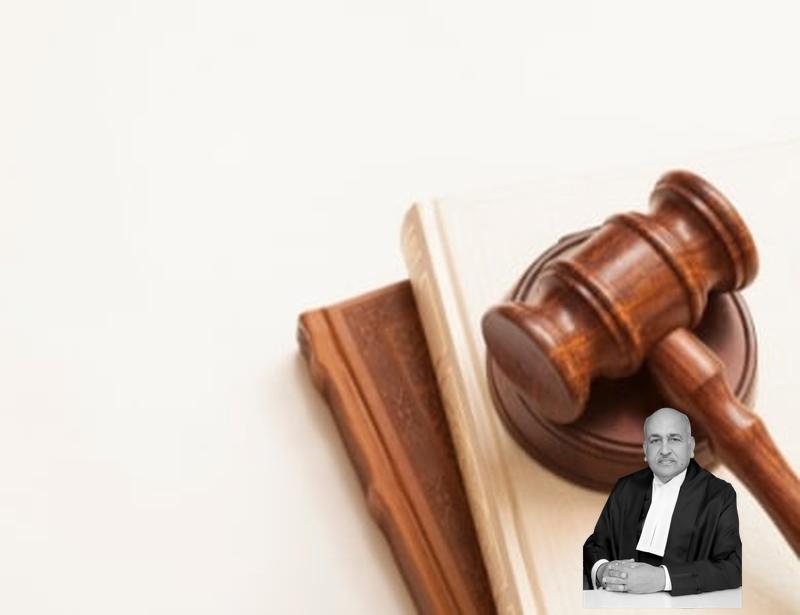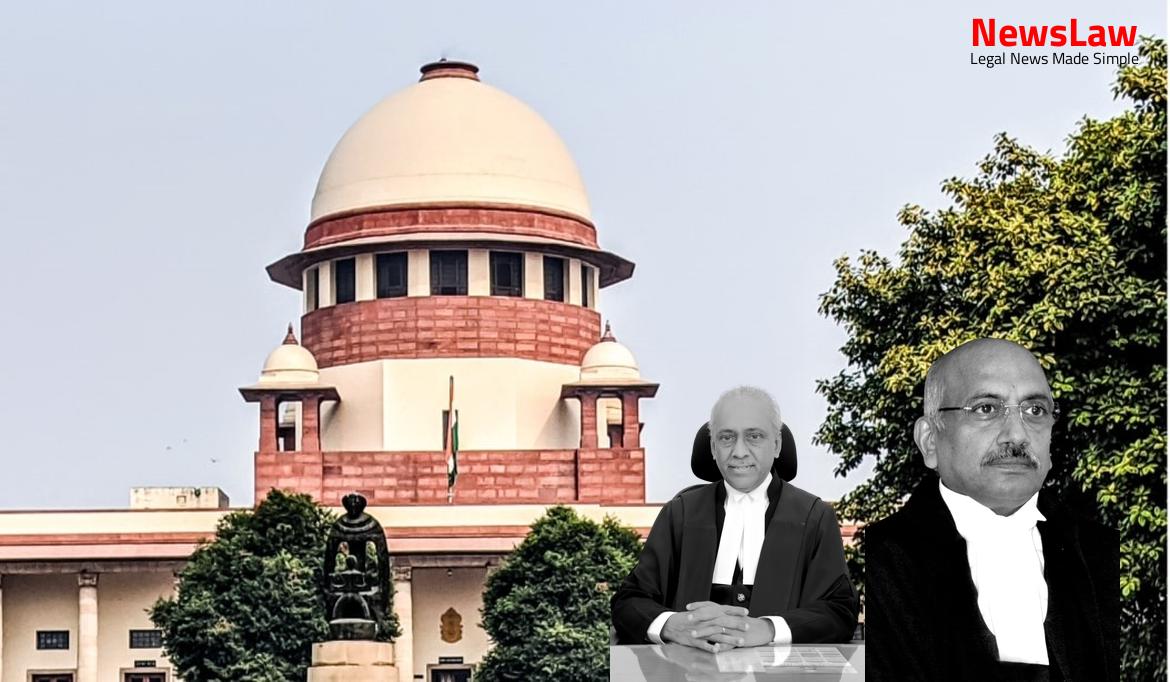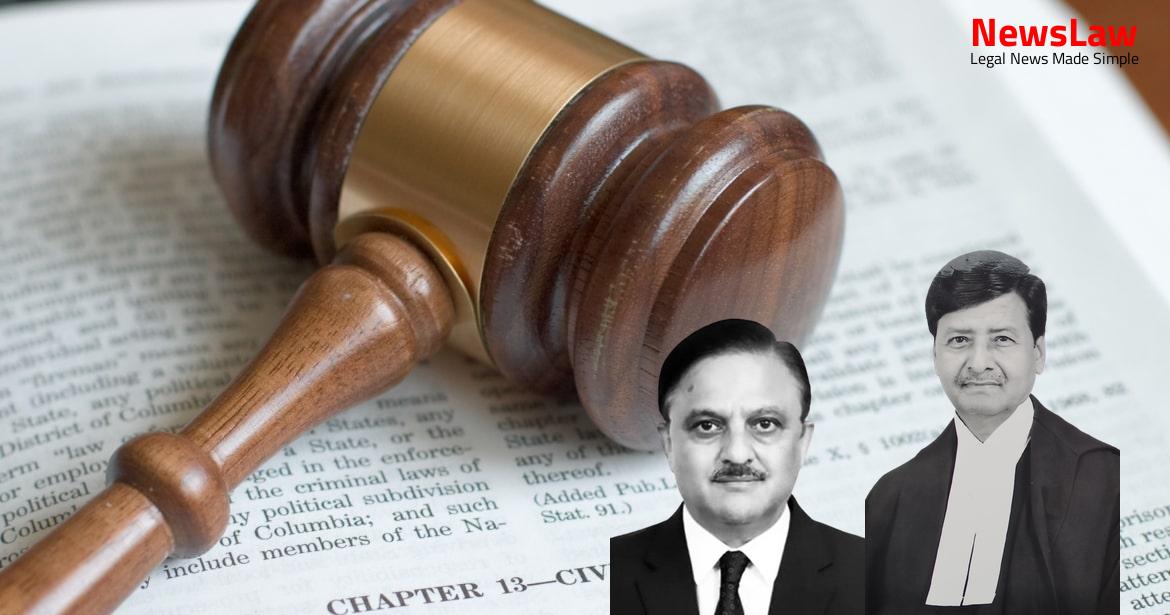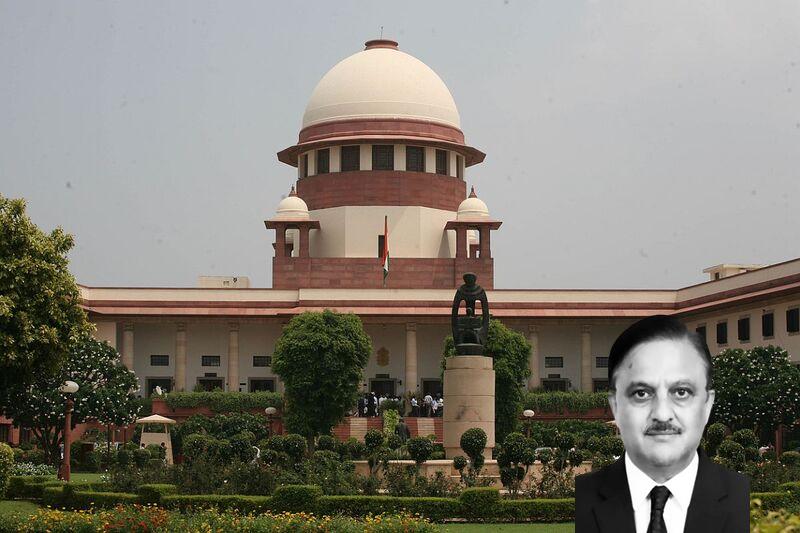In these two appeals, we are dealing with charge sheets filed by the appellant – Central Bureau of Investigation, in relation to offences arising out of the VYAPAM Scam in the State of Madhya Pradesh. The learned Judicial Magistrate held that the first respondent was an educated person, having knowledge of English. However, the High Court interfered by holding that Hindi was the only language of the Criminal Courts in the State and therefore, the first respondent was entitled to seek a translation of the charge sheet into the language of the Court.
Their submission is that the language Hindi is for the purposes of the Code and therefore, charge sheets filed under Section 173 of CrPC ought to be filed in the language of the Court. Chapter VI deals with processes to be issued for compelling the appearance of the accused before the Court.
Chapter VII deals with processes to be issued to compel the production of things before the Court. Section 173 forms part of Chapter XII which contains provisions regarding a police report which is popularly known as a charge sheet. (h) whether the report of medical examination of the woman has been attached where investigation relates to an offence under sections 376, 376A, 376AB, 376B, 376C, 376D, 376DA, 376DB] or section 376E of the Indian Penal Code (45 of 1860). (3) Where a superior officer of police has been appointed under section 158, the report shall, in any case in which the State Government by general or special order so directs, be submitted through that officer, and he may, pending the orders of the Magistrate, direct the officer in charge of the police station to make further investigation.
(8) Nothing in this section shall be deemed to preclude further investigation in respect of an offence after a report under sub- section (2) has been forwarded to the Magistrate and, where upon such investigation, the officer in charge of the police station obtains further evidence, oral or documentary, he shall forward to the Magistrate a further report or reports regarding such evidence in the form prescribed; and the provisions of sub- sections (2) to (6) shall, as far as may be, apply in relation to such report or reports as they apply in relation to a report forwarded under sub-section (2). As can be seen from sub-section (2) of Section 173, after completion of the investigation, the officer in charge of the police station is under an obligation to submit a report to the learned Magistrate in the form prescribed by the State Government, giving particulars as mentioned in sub-section (2).
Section 173 will have to be read with Section 207 which mandates that after cognizance is taken of the offence by the learned Magistrate on a case instituted on a police report, it is the obligation of the learned Magistrate to furnish free of cost, without any delay, copies of the police report, first information report, statements recorded under sub-section (3) of Section 161 of CrPC except the portion in respect of which there is an order passed by the learned Magistrate by invoking powers under sub-section (6) of Section 173, confessions and statements recorded under Section 164 and copies of the documents or relevant extracts forwarded along with the police report in accordance with sub-section (5) of Section 173. Interestingly, the provision regarding the language of Courts in the form of Section 272 finds a place in Chapter XXIII having the heading “Evidence in inquiries and Trials”.
In a given case, while prescribing a form as required by Sub-section (2) of Section 173, the State Government may provide that the charge sheet must be filed in the official language of the State. Therefore, in a given case, even if the charge is not framed in the language of the Court, the omission to frame the charge in the language of the Court shall not be material unless it is shown that the accused was misled and it resulted in failure of justice. Therefore, if the accused is not conversant with the language in which the charge is framed, it is the duty of the Magistrate to explain the charge to the accused in a language which he understands. Interpretation of evidence to accused or his pleader.—(1)
Also Read: https://newslaw.in/supreme-court/extension-of-benefit-of-doubt-in-criminal-convictions/
Whenever any evidence is given in a language not understood by the accused, and he is present in Court in person, it shall be interpreted to him in open Court in a language understood by him.
Either in Section 353 or 354, there is no provision which requires the Court to interpret the judgment to the accused even if the accused does not understand the language of the Court. While deciding whether there is a failure of justice occasioned due to error, omission, or irregularity in the trial, the Court is required to consider the fact whether the objection could and should have been raised at an earlier stage in the proceedings.
Therefore, in a given case, if something which CrPC specifically requires to be done in the language of the Court is done in any other language, per se, the proceedings will not be vitiated unless it is established that the omission has resulted in failure of justice. When a copy of the report and the documents are supplied to the accused under Section 207 and/or Section 208, an opportunity is available for the accused to contend that he does not understand the language in which the final report or the statements or documents are written. When the accused is represented by an advocate who fully understands the language of the final report or charge sheet, there will not be any requirement of furnishing translations to the accused as the advocate can explain the contents of the charge sheet to the accused.
Obviously, such central agencies, in every case will not be in a position to file the final report in the language of the concerned Court as determined by Section 272 of CrPC. Coming to the Criminal Appeal arising out of SLP (Crl.)
Also Read: https://newslaw.in/supreme-court/vicarious-liability-under-section-34-of-ipc/
10680 2022, the trial court has recorded a finding that the first respondent-accused was a science graduate having knowledge of the English language.
Case Title: CENTRAL BUREAU OF INVESTIGATION Vs. NAROTTAM DHAKAD
Case Number: Crl.A. No.-002592-002592 / 2023



